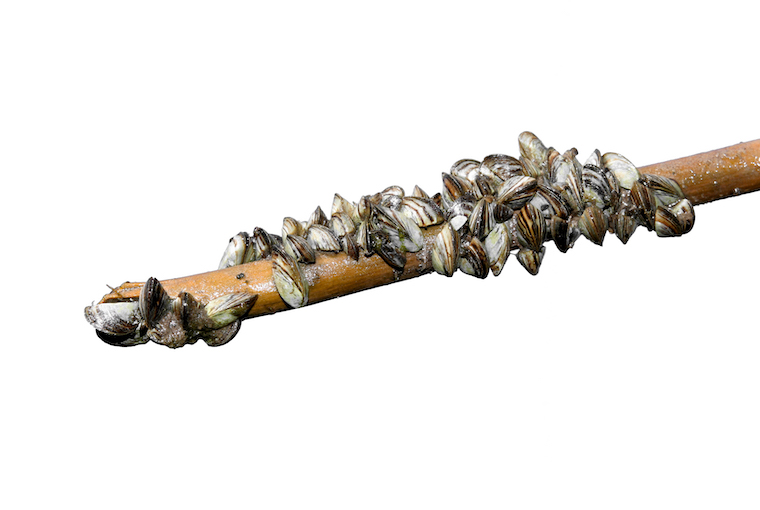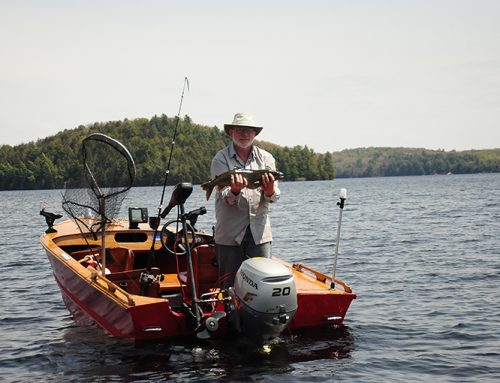
Two separate initiatives are examining methods of genetic control, which would target a specific invasive mussel species. Neither would hinder native species or other aquatic life.
Removing genes, controlling reproduction
Researchers at the University of Wisconsin — River Falls are looking at using RNA interference to turn off a gene in zebra mussels. They are targeting the genes that lead to shell formation or development of the threads that allow mussels to attach to surfaces.
Meanwhile, The American Bureau of Reclamation, a US federal entity that oversees water management, is looking at DNA technology to control quagga mussels. The goal is to target quagga mussel reproductive processes.
“Invasive mussels, such as the zebra and quagga mussels, have cost Ontario’s economy millions of dollars since they were introduced. If science has a way of finding a practical and safe solution to these mussels, it could completely tip the scale in the battle against these invaders,” OFAH Invading Species Awareness Program (ISAP) Aquatic Program Specialist Brook Schryer said. “Science has been proven to be capable of great things — especially over the last year. I am cautiously optimistic about all research that is focused on the control, management, and possible eradication of an invasive species.”
In the meantime, the ISAP will continue to focus on preventing the spread of invasive mussels.






Leave A Comment